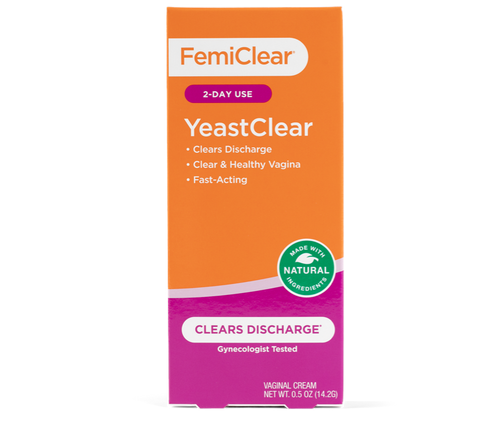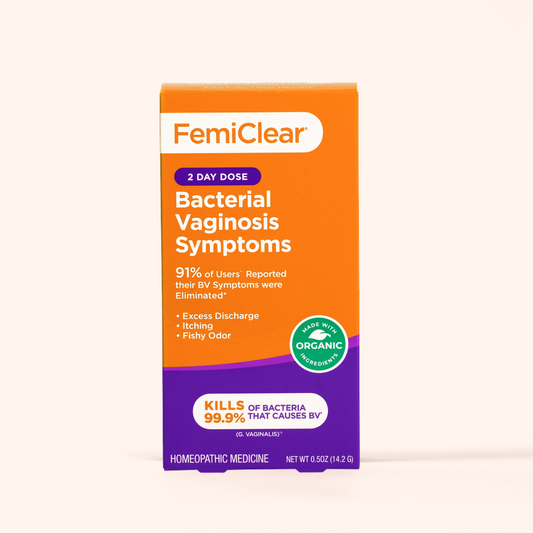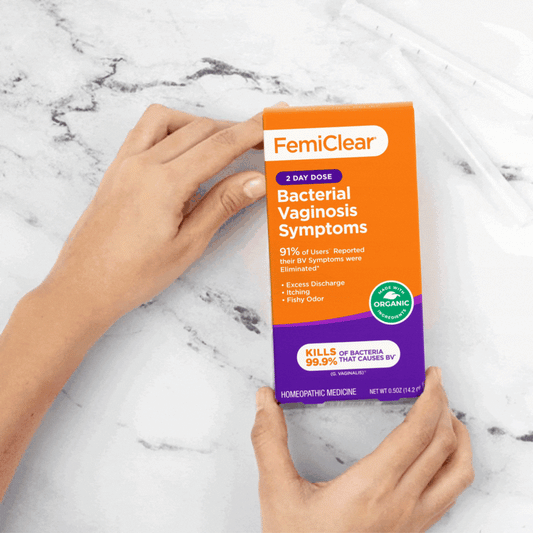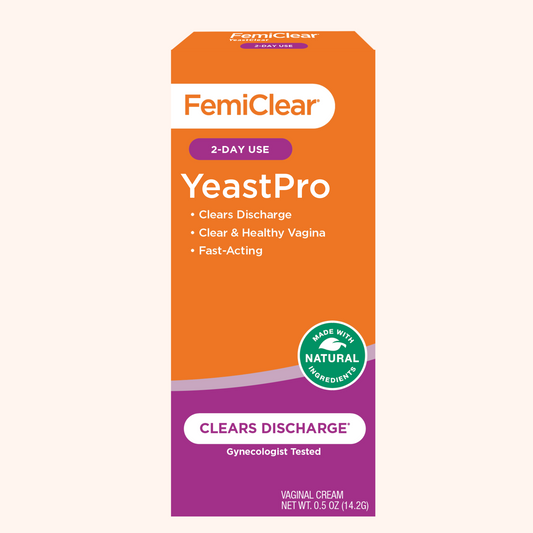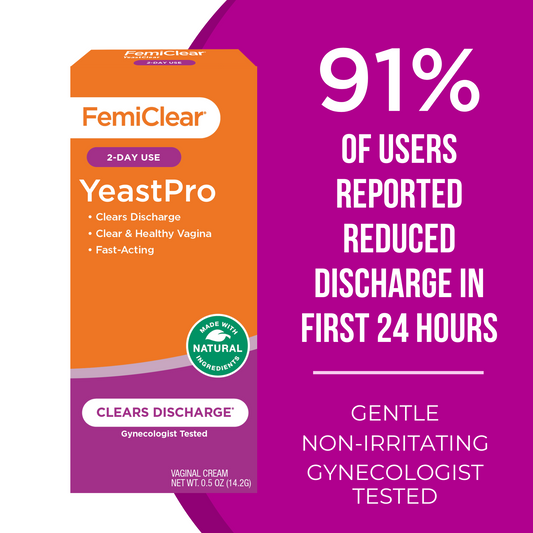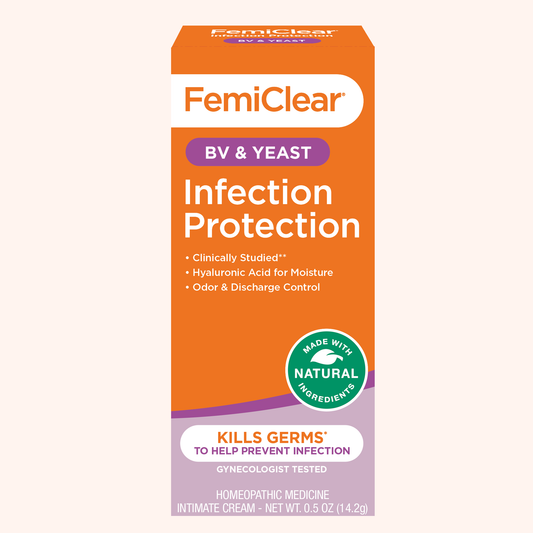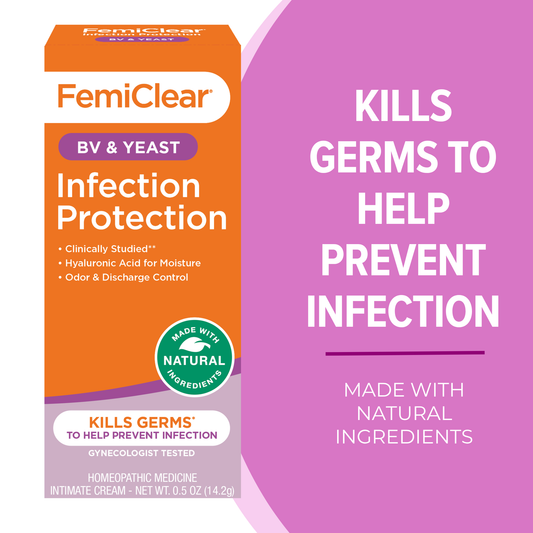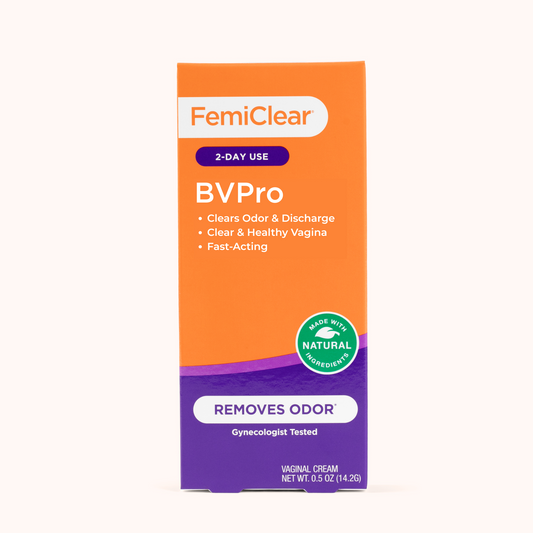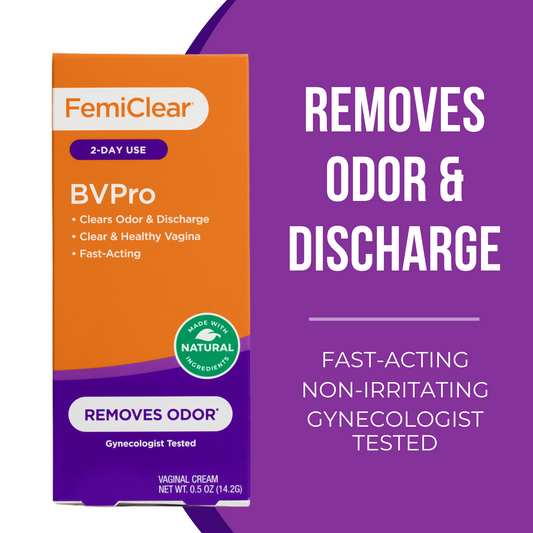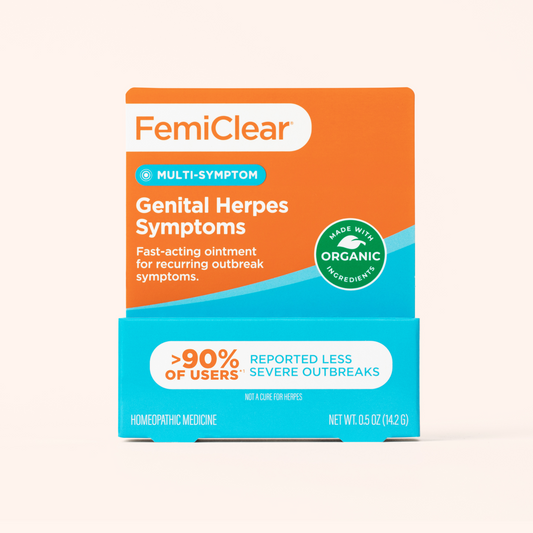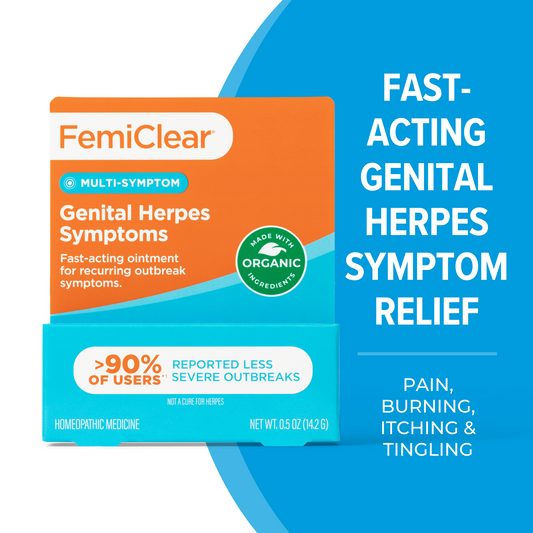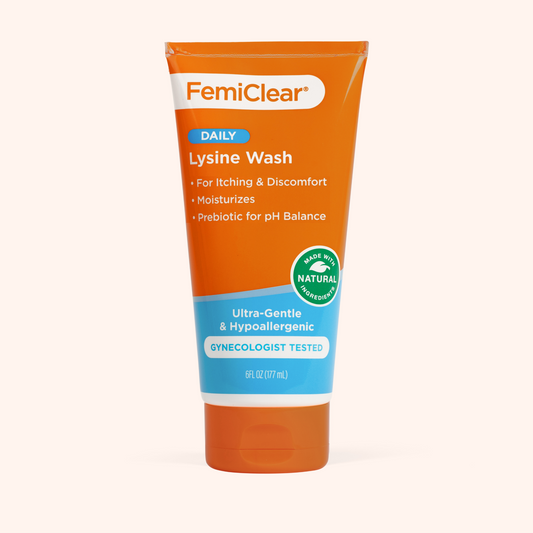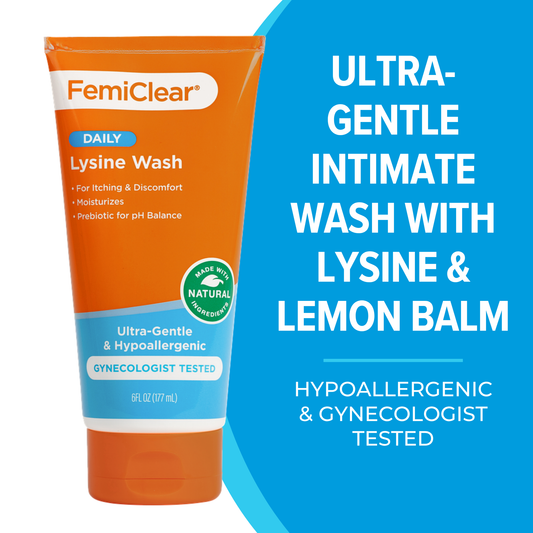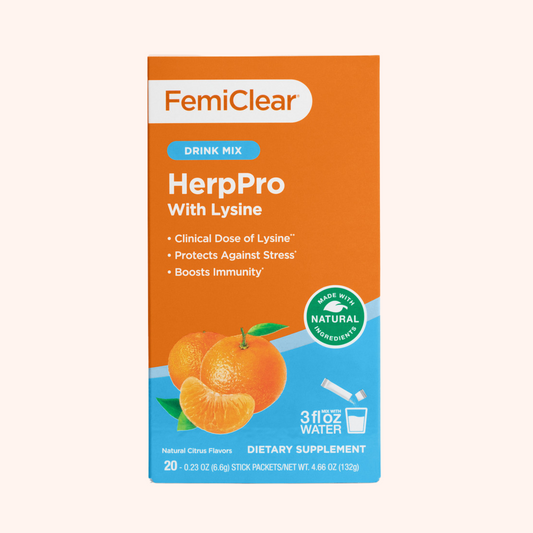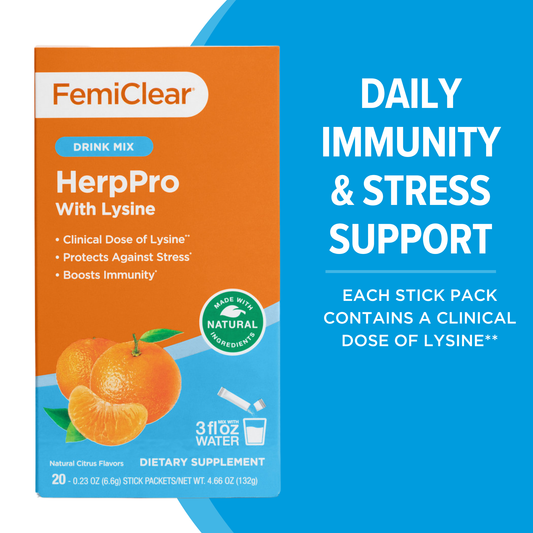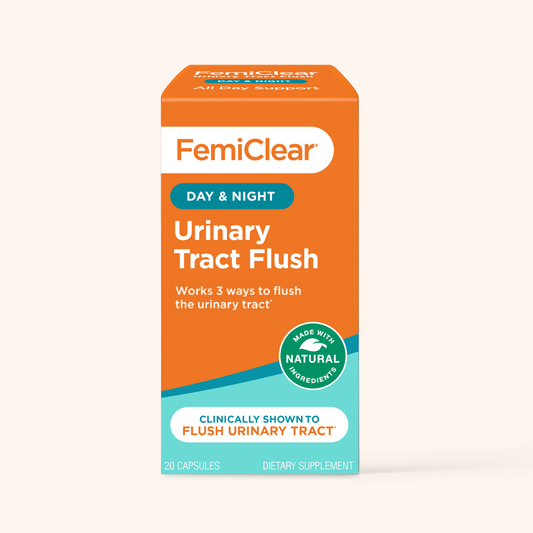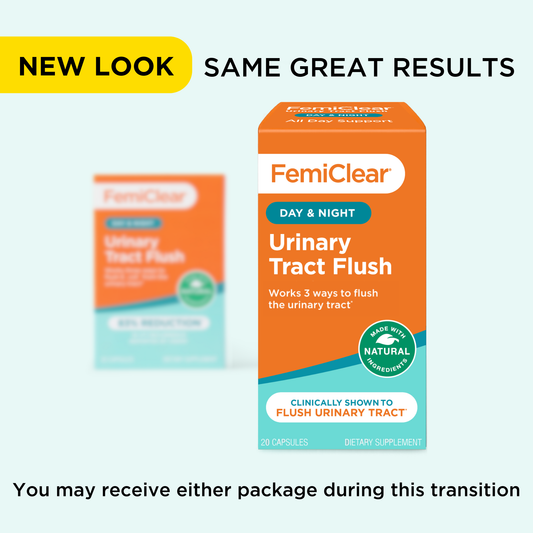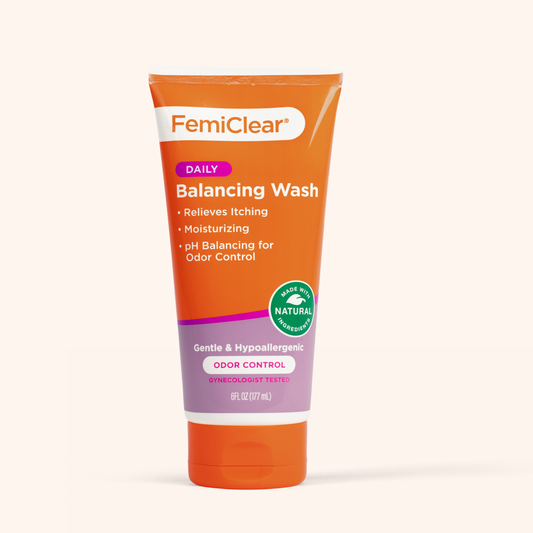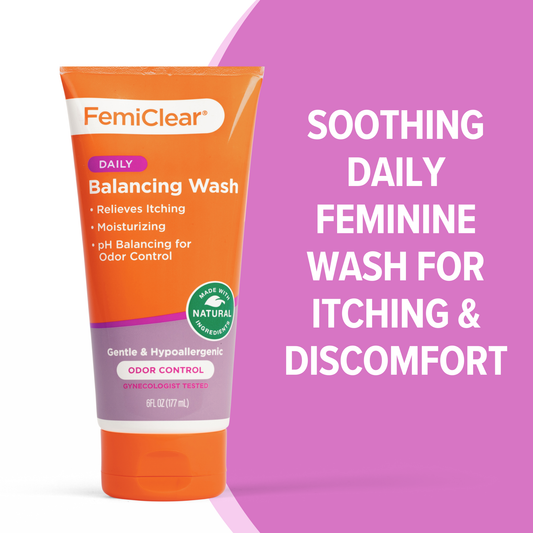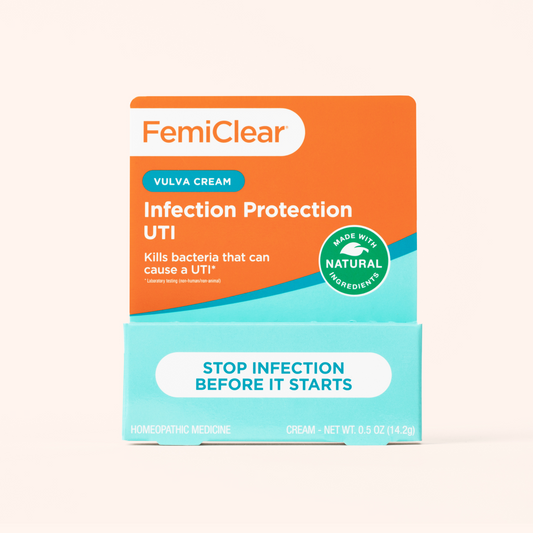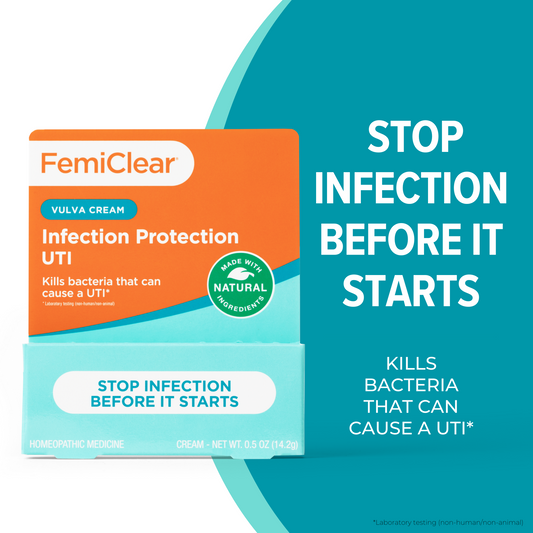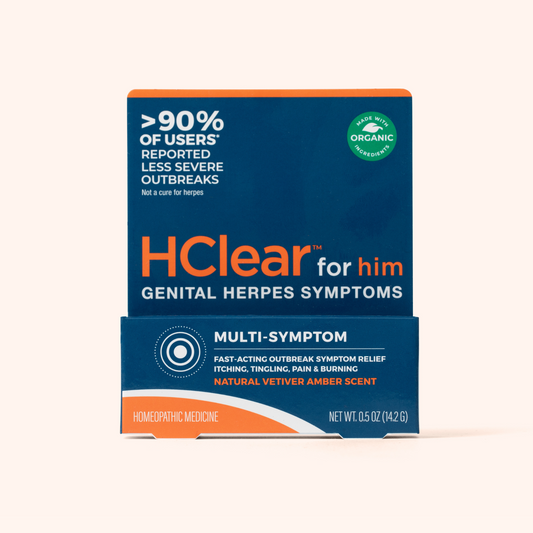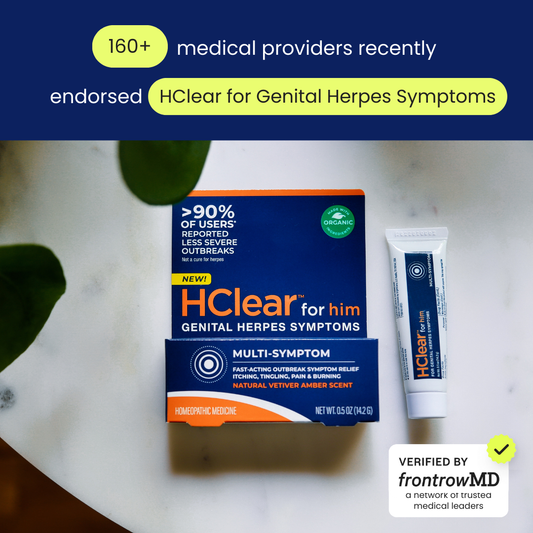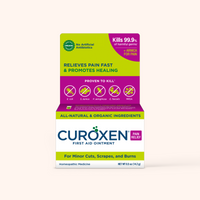Table of Contents
Related Articles
What Causes a Yeast Infection?
May 31, 2022

Vaginal yeast infections are fungal infections that can cause intense itchiness, discharge, and irritation of the vulva (tissues at the opening of the vagina) and the vagina.
Yeast infections are also referred to as vaginal candidiasis and are so common that most women will experience a yeast infection at least once. According to the Office on Women’s Health, 3 out of 4 women will have at least one yeast infection at some time in their life and around 45% will have two or more.
While yeast infections are uncomfortable and unpleasant, they’re also generally not difficult to treat and most women experience relief quickly once they start using a remedy designed for symptom relief. Read on to learn more about what causes yeast infections, what the symptoms are, and what you can do to feel better.
What are the Symptoms of a Yeast Infection?
Many people start to suspect they are experiencing a yeast infection when they notice vaginal discharge or discomfort, but it can be difficult to tell the difference between a yeast infection and other vaginal infections. The symptoms of a vaginal yeast infection may range from mild to moderate, and include:
- Irritation and itching in the vulva and vagina
- Abnormal vaginal discharge
- Odor-free, white, thick vaginal discharge that resembles cottage cheese
- Vaginal rash
- Vaginal soreness and pain
- Vulva swelling and redness
- Burning sensation, particularly while urinating or during intercourse
What Are the Causes of a Yeast Infection?
The fungus candida Albicans is responsible for about 90% of yeast infections. When the vagina is in a balanced state and there is no infection present, the vagina has a balanced mixture of yeast, which includes bacteria, and candida. Specific bacteria act to prevent yeast overgrowth. If the balance is disrupted, candida overgrowth or fungus may penetrate deeper cell layers of the vagina and cause the signs and symptoms associated with yeast infections.
Yeast overgrowth may result from:
- The use of antibiotics can cause an imbalance in the natural vaginal flora.
- Taking hormone therapy or oral contraceptives that increase levels of estrogen. When estrogen levels have increased the bacteria in the vagina may not function properly to keep the candida at the optimal level.
- Having an impaired immune system can make the body more vulnerable to yeast overgrowth. An impaired immune system can be caused by cancer, HIV, and other immune-impacting diseases. Of those with HIV, 90% will present with a yeast infection at some point.
- Pregnancy is characterized by a wide variety of hormonal and pH changes. These changes can disrupt the normal balance of vaginal microorganisms and cause an overgrowth of yeast in the vagina.
- Uncontrolled diabetes, which leads to poorly controlled blood sugar levels can cause shifts in the vaginal flora that can make yeast infections more likely.
Yeast infections that are caused by other kinds of candida fungus may be more challenging to treat with regular anti-fungal options.
Are Yeast Infections an STI?
Because yeast infections have some similar symptoms as other vaginal infections, many people may wonder if yeast infections are STIs. Yeast infections are not considered sexually transmitted infections. However, there is a higher risk of yeast infection when someone is having sexual intercourse regularly. There is also some evidence that yeast infections might relate to mouth-to-genital contact (genital-oral sex).
Can You Prevent Yeast Infections?
While there’s not much you can do in your day-to-day life to prevent yeast infections, there are some lifestyle changes you can make that may help prevent recurrent yeast infections. These include:
- Choosing non-hormonal birth control options like natural family planning, condoms, or a non-hormonal IUD.
- Wearing breathable, cotton underwear that does not trap or disrupt the natural vaginal flora.
- Use probiotics regularly to help support the natural vaginal bacteria that can keep your vagina healthy.
What is a Complicated Yeast Infection?
Most of the time, medicine can be relied on to effectively treat yeast infections. There are times though that medicine is not effective or that you find that you have multiple yeast infections in a short period.
If you experience recurrent vaginal yeast infections — more than three within one year — you might have what is known as a complicated yeast infection. According to the CDC, complicated yeast infections impact less than 5% of women. Complicated yeast infections can require a maintenance plan and a longer treatment course. Other situations in which a yeast infection may be considered complicated include:
- Severe vaginal yeast infections
- Yeast infections not caused by albicans candidiasis
- Yeast infections in women with diabetes or immunocompromising conditions like HIV, an underlying immunodeficiency, or who are undergoing immunosuppressive therapy.
When Should You Visit a Doctor?
While some yeast infections can be treated using over-the-counter remedies, there are times when visiting a doctor is warranted. If you're experiencing any of the following, you should arrange an appointment with a physician:
- It is the first time you have experienced the symptoms of a yeast infection or any abnormal or new vaginal symptoms.
- You develop symptoms that feel out-of-the-norm for yeast infections or other vaginal symptoms that could indicate another type of vaginal infection.
- Your symptoms are not alleviated after treatment using over-the-counter suppositories or antifungal vaginal creams.
- You aren’t certain if you have a vaginal yeast infection or are experiencing another vaginal infection or issue.
How are Yeast Infections Diagnosed?
If you visit a doctor for a potential yeast infection, they will likely examine the impacted area and ask about your symptoms and medical history. After a visual and physical examination, the doctor will collect samples (usually a vaginal swab) which will be tested to confirm the presence of candida.
How Can FemiClear Help with a Yeast Infection?
If you are experiencing a yeast infection consider trying one of FemiClear’s vaginal health products. FemiClear’s Yeast Infection products are designed to help relieve symptoms quickly and the daily support products can help you maintain a healthy vaginal microbiome. FemiClear’s yeast infection products include:
Yeast Infection 1-Day Dose
Yeast Infection 1-Day Dose works quickly to offer relief from vaginal itching, irritation, and discharge without a prescription. With just one dose, this is the most convenient yeast infection product.
Yeast Infection 2-Day Dose
If you have moderate to intense yeast infection symptoms, the Yeast Infection 2-Day Dose has what you need to feel better. Expect to find quick relief from vaginal itching, irritation, and discharge.
Vaginal Itch Relief
Vaginal Itch Relief is an over-the-counter product that can offer relief from external vaginal itching, burning, and irritation quickly. Fast Feminine Itch Relief is made with all-natural and organic ingredients with anti-inflammatory properties that relieve itch intensity quickly.
FemiClear’s Feminine Wash
FemiClear’s Soothing Vulva Feminine Wash soothes vaginal itching and calms irritation and is formulated with a unique prebiotic blend that supports good vaginal bacteria. It helps balance skin pH and can be used every day to help soothe uncomfortable dryness and help maintain a healthy vulvovaginal environment.
Feminine Probiotics
Feminine probiotics can help balance the vaginal microbiome and help keep it balanced. Keeping the vaginal microbiome balanced is an effective way to help the vagina feel good and stay healthy. Probiotics can be used at any time, not just when you have a yeast infection.
If you’re shopping online, visit FemiClear.com to view all available products. If you’re shopping in person, look for FemiClear’s products at Walgreens, Walmart and many other retailers! Find the relief you’re looking for today!
May 31, 2022

YeastPro for Vaginal Discharge | Cream
Relief from Discharge in 24 Hours
Learn More